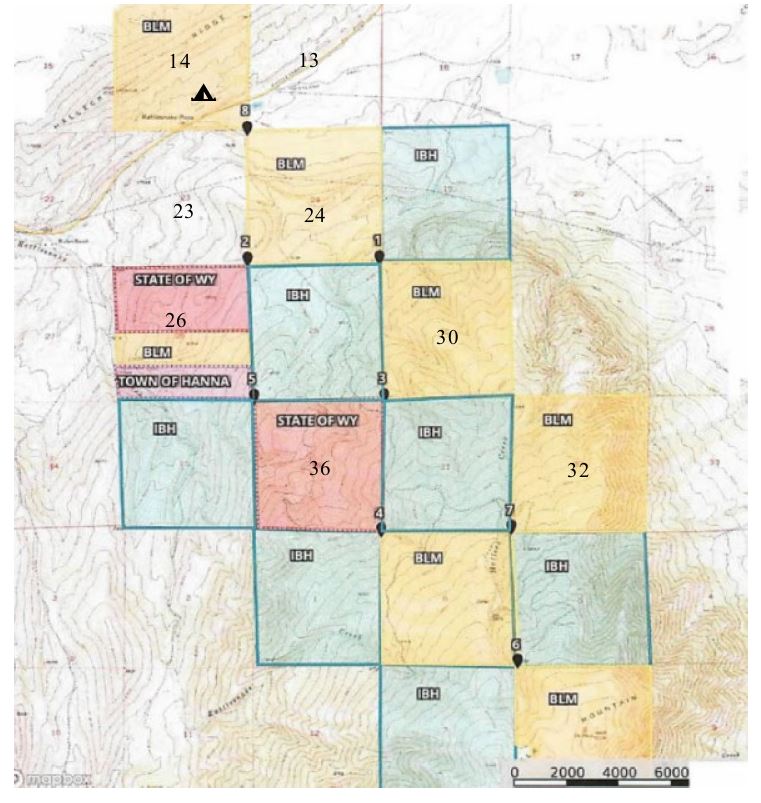Suppose Company A obtains an oil and gas lease on Blackacre from the owner of a 1/6 mineral interest in Blackacre, and Company B obtains and oil and gas lease from the owner of the other 5/6 mineral interest. That makes Company A and Company B co-tenants leasehold mineral estate. Usually in such a circumstance the two companies will sign an operating agreement naming one of them as operator and agreeing to share in the costs of drilling wells on Blackacre. But what if Company B refuses to enter into an operating agreement and drills and produces wells on Blackacre, paying all the costs?
Such was the case in Cromwell v. Anadarko, No. 23-0927. Anadarko refused to enter into an operating agreement with Cromwell. As a co-tenant, Cromwell was entitled to his share of net profits from wells on Blackacre after payout of the wells, and Anadarko did account to Cromwell for his share of net profits — until the primary terms of Cromwell’s leases expired. Then Anadarko took new leases from Cromwell’s lessors and told Cromwell that its leases had expired because Cromwell did not produce any oil and gas from the property. The El Paso Court of Appeals agreed with Anadarko, relying on its own prior opinion in Cimarex Energy Co. v. Anadarko Petroleum Corp., 574 S.W.3d 73 (Tex.App.–El Paso 2019, pet. denied). The Texas Supreme Court reversed, holding that the habendum clauses in Cromwell’s leases only required the oil or gas be produced to keep the lease in effect beyond the primary term, not that Cromwell had to produce it. The Court disapproved of Cimarex v. Anadarko.
A typical habendum clause in an oil and gas lease provides that the lease remains in effect after the primary term “for as long as oil or gas is produced from the leased premises.” Based on this language, the Supreme Court concluded that production by any co-tenant will maintain the leases of all co-tenants, whether or not they have signed an operating agreement.
 Oil and Gas Lawyer Blog
Oil and Gas Lawyer Blog


